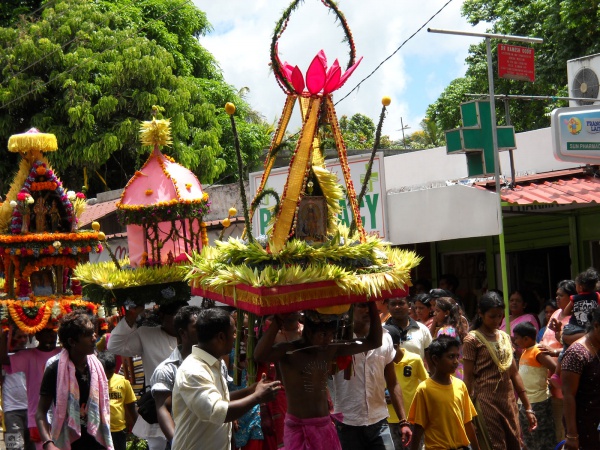Facts About Thaipusam
Thaipusam is a vibrant festival celebrated by the Tamil community on the full moon day in the Tamil month of Thai. The festivities can be observed in countries with a significant Tamil population, such as India, Sri Lanka, Malaysia, Singapore, and more. This festival commemorates the moment when the goddess Parvati handed her son, Murugan, a spear to defeat the evil demon Soorapadman. The name "Thaipusam" is derived from the month "Thai" and the star "Pusam."
In the lead-up to the festival, devotees partake in various rituals, including the Kavadi Attam, a ceremonial dance of devotion. Preparations involve fasting, praying, and adhering to specific dietary restrictions to purify themselves.
The origins of Thaipusam are rooted in a legendary battle between the Asuras (demons) and Devas (celestial beings). Lord Shiva created Skanda (another name for Murugan) to lead the Devas to victory. In India, the festival is celebrated in numerous temples, including the renowned Palani Sri Dhandayuthapani Temple and Chidambaram Panchamurthi Veedhi Ula.
Outside of India, Thaipusam is a major event in Malaysia, Singapore, Mauritius, South Africa, and the USA. In Malaysia, the Batu Caves become a focal point, drawing millions of devotees. In Singapore, the celebrations begin with a procession from the Sri Srinivasa Perumal Temple. Mauritius sees its grandest celebrations at Kovil Montagne.
The festival is also observed in places like Seychelles, Reunion, Fiji, and Indonesia. In the USA, the Shiva Murugan Temple in California hosts Thaipusam celebrations, including a walk that attracts thousands of participants.

 India
India